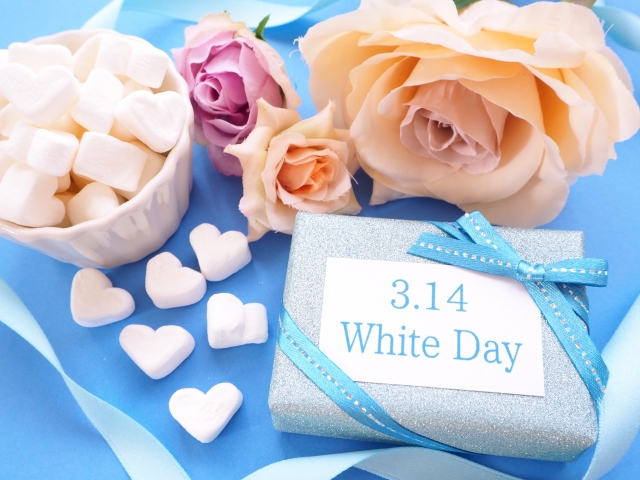White Day, celebrated on March 14th, is a special tradition in Japan where men return gifts to women who gave them chocolates or presents on Valentine’s Day.
Over time, it has evolved into a day for expressing gratitude, affection, and appreciation not just for romantic partners but also for friends, colleagues, and family members.
The Origins of White Day
White Day was established in Japan in 1978 by the National Confectionery Industry Association as a day for men to reciprocate gifts received on Valentine’s Day. The name “White Day” was inspired by the color white, symbolizing purity and sincerity. Initially, marshmallows were promoted as the main gift, but soon, chocolates, cookies, jewelry, and other sweets became popular choices.

How White Day is Celebrated
On White Day, men are expected to give return gifts, often referred to as “sanbai-gaeshi” (triple return), meaning the gift should be about three times the value of what they received on Valentine’s Day.
Most Popular White Day Gifts
- White Chocolate – A classic gift that aligns with the holiday’s name.
- Cookies – A popular and widely accepted choice.
- Marshmallows – Originally promoted as the ideal White Day gift, though sometimes associated with rejection.
- Jewelry & Accessories – A luxurious and meaningful gift for romantic relationships.
- Luxury Handbags & Items – A premium choice for significant others.
- Flowers – A timeless expression of appreciation and love.
The Meaning Behind Different Gifts
The choice of gift can sometimes carry a hidden message:
- Chocolates and cookies → Considered neutral and safe gifts.
- Marshmallows → In some interpretations, these symbolize rejection.
- Jewelry and luxury items → Usually indicate deep affection or romantic feelings.

White Day Beyond Japan
While White Day originated in Japan, it has spread to other East Asian countries, including South Korea, Taiwan, and China. Each country has developed its own customs and variations of the celebration. In some regions, the idea of men giving return gifts remains strong, while in others, the day is more about mutual appreciation.

Modern Trends and Evolving Customs
In recent years, White Day has become more flexible. It is now common for people to give gifts to friends, colleagues, and family members, making it more inclusive and less gender-specific. Companies and brands also capitalize on the occasion by offering exclusive White Day-themed sweets and luxury items, making it a significant event in the retail industry.
Conclusion
White Day is more than just a day for exchanging gifts; it is a cultural tradition that highlights the importance of gratitude and appreciation in relationships. Whether celebrated with romantic gestures or simple tokens of thanks, White Day continues to be an integral part of Japanese culture and is gaining recognition globally. If you received chocolates on Valentine’s Day, White Day is your perfect chance to show appreciation in return!
